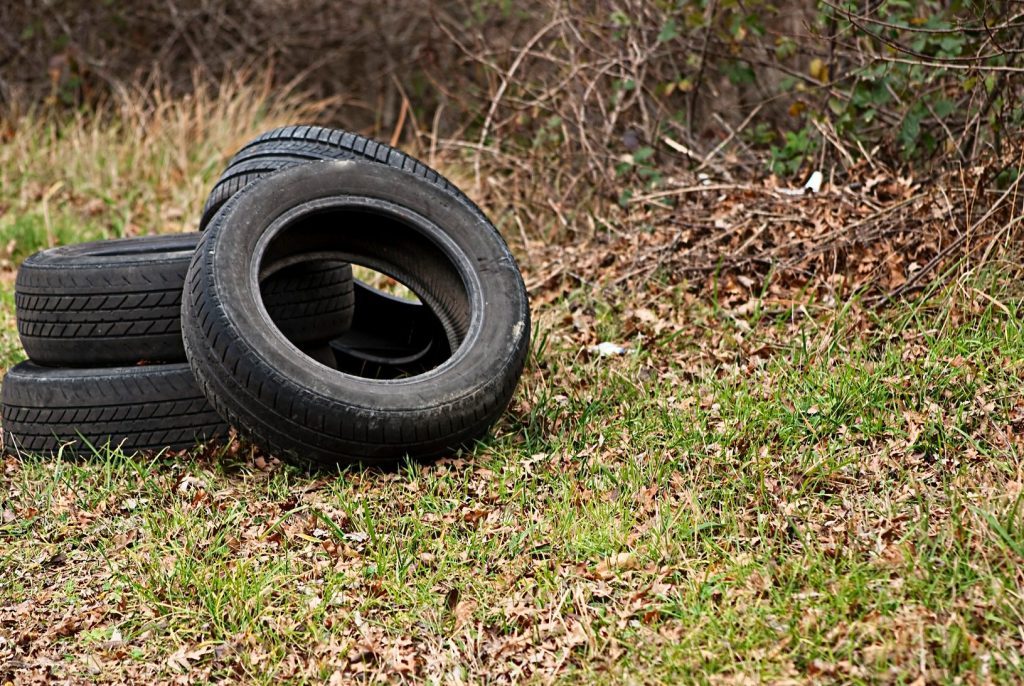It’s estimated that 6.5 million tyres reach their end-of-life status in New Zealand every year and a new scheme known as Tyrewise, sets out to cover the recycling of end-of-life tyres (ELTs), ensuring a positive environmental outcome.
Minister for the Environment, David Parker, said regulated product stewardship schemes are important for our transition to a low-emission, low-waste, circular economy.
“The new scheme is the last piece of the puzzle for tyres, and part of the Government’s wider actions to change the way we manage our resources and reduce waste.
“Once regulations for the scheme are enacted, Tyrewise will run one of the first regulated product stewardship schemes in New Zealand,” David Parker said.
Tyrewise scheme implementation follows the Auto Stewardship New Zealand Limited’s (ASNZ) successful application to the Waste Minimisation Fund for funding of $1.2 million. ASNZ is the product stewardship organisation that governs Tyrewise.
Mark Gilbert, Chair of ASNZ says the funding means Tyrewise can move forward. “We can now get started on creating the practical building blocks that will enable Tyrewise to begin operation next year.”
A four month trial of the scheme will take place in Hawke’s Bay including the testing of electronic tracking, audit, and compliance systems from August this year.
Tyrewise was set up in 2012 as result of the co-designed product stewardship scheme for ELTs. Regulation is required under the Waste Minimisation Act 2008 to ensure the whole industry participation is mandatory. According to Mark, there is a level playing field and no free riders. “The tyre and vehicle industry has long been in favour of this approach.”

Once the regulated scheme is up and running, Tyrewise will be funded through an advanced stewardship fee, proposed to be charged to tyre importers by New Zealand Customs and tyres on vehicles at the first point of registration.
Other systems will be in place for tyres on not-road registered vehicles. The new stewardship fee would replace the current ad-hoc fee charged by tyre retailers. Most consumers are already paying a recycling fee when they buy new tyres. Still, the fee isn’t uniform, and consumers have no guarantee their old tyres will actually get recycled, Mark said.
Tyrewise would end this and ensure tyres are collected and recycled instead of ending up in landfills, roadsides, or illegally dumped, he said. “Recent tyre pile fires are an acute example of the threat ELTs pose to people and the environment, despite them being a valuable commodity.”
Tyrewise has set a target of 80% of tyres collected and processed by the fourth year of operation and over 90% by the sixth year, Mark said. Critically, this will also encourage new businesses to enter the market and create new jobs in Aotearoa New Zealand, he said.
This will be New Zealand’s first nationwide regulated product stewardship scheme for used tyre recycling and is expected to start operating in 2023.


